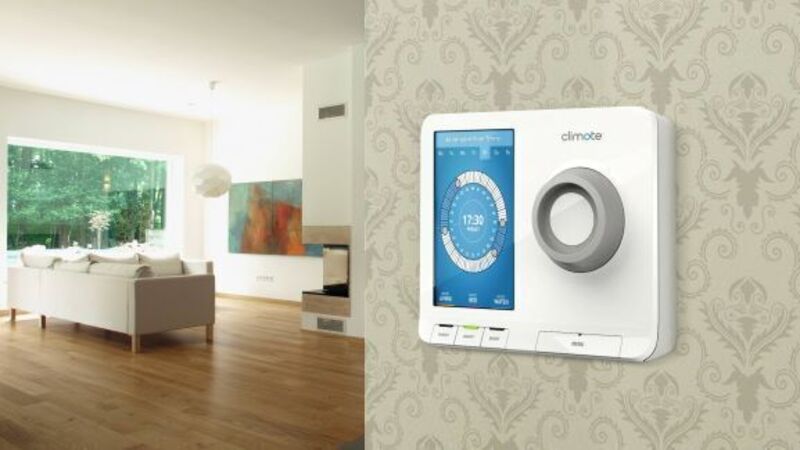Timing is everything

In an ideal world, we would be vigilant, patiently changing any time clock running the system according to our plans day to day. In some households this has become a serious business as the timer is regularly overridden. We’re talking here about the ‘on’ and ‘off’ function directed into heat/water or both rather than playing with the fine tuning of a variety of zones and temperatures.
In my home where I run the heating through a range cooker/boiler system, we prefer to set the heat manually, as our all wood house is never stone cold and I’m tied to a desk here most days. The audible ‘shout’ setting for those leaving the heat on after leaving the house or on a warmer day is 100% efficient. Timing the operation of any system plays a vital role in the overall performance of good heating controls that include room thermostats or individual TVRs (thermostatic radiator valves), a thermostat set on the boiler and another on the hot water tank. Here it’s appropriate to be an utter control freak.
The clock can generally be set to operate the water heating independently from the space heating to suit your living pattern and the time of year. Setting any clock, it’s good practice to let your heating run for around 20 minutes before you get up to get the radiators actively warming the room, and to let it go off again about 20 minutes before going to bed when the ambient temperature is generally high enough to nurse you to sleep before cooling down.
Experiment with your system to see what your warm-up and cool-down times are. Choose a cold day when you are at home for the whole process. If the system takes an unusually long time to warm the house, or the radiators are not piping hot when the TVRs are correctly set, have the system serviced by a qualified heating engineer. Do the same for water heating. Is there enough hot water created by having the system heat the tank in the morning to reduce the time it’s on after dark? Don’t assume anything. Test it out over the course of a cool day and if you don’t have a nice thick jacket on the immersion tank, pick one up this weekend to improve those results. The levels of insulation in the house and the type of constructions of your house (masonry or timber frame) will also make a considerable difference to the warm-up and cool-down periods you may experience, and the timing you should apply to your clock.
Underfloor heating is less reactive and generally requires longer running times and in some cases will be in service consistently, a thermostat varying the temperature according to the use of rooms during the course of a day. Electric storage heating and hot water system, with storage heaters drawing on off-peak electricity to ‘charge up’ overnight and then releasing heat during the day, require a completely different set of controls from your installer. If you’re hesitating to have any heating system serviced, keep in mind that the €100 or so that it will cost (without repair) will be returned in as much as 10% greater efficiencies, netting up to €150 from your fuel costs according to research by the Sustainable Energy Authority of Ireland. www.seai.ie.
Electric Ireland, formerly the ESB, have launched a product that could save oil and gas users not only significant cost on running their wet central systems (as much as €350 is the estimate for an oil heated home). The Climote overcomes the problem of unlaid plans interfering with the heat schedule and leaving an orphaned system warming an empty space or delivering a frigid house on your return from a truly freezing day. If a cold snap takes hold while we’re on holiday and the heating is not running in the house at all, we have no choice but to wheedle a key holder or family member to let themselves in and jiggle a timer they are not familiar with to potentially protect pipes from freezing.
Climote is installed as a contemporary home heating clock, but what makes it different from other affordable heating control clocks is the remote control feature, which linked to your mobile phone allows you to boost the heating, turn it on and off and schedule its running according to what unfolds during your day or while you are away for a longer period of 5, 7 days or longer. You can just use it to prompt the hot water service from bed on a lazy Sunday morning. You can buy the system outright for €299, a saving of €100 on the RRP, with free installation and a year’s free subscription fee (normally €36). You can also pay in instalments on your Electricity Ireland bill with direct debit at €29pm for 24 months. www.electricireland.ie. Tel: 1850-30-50-85.












